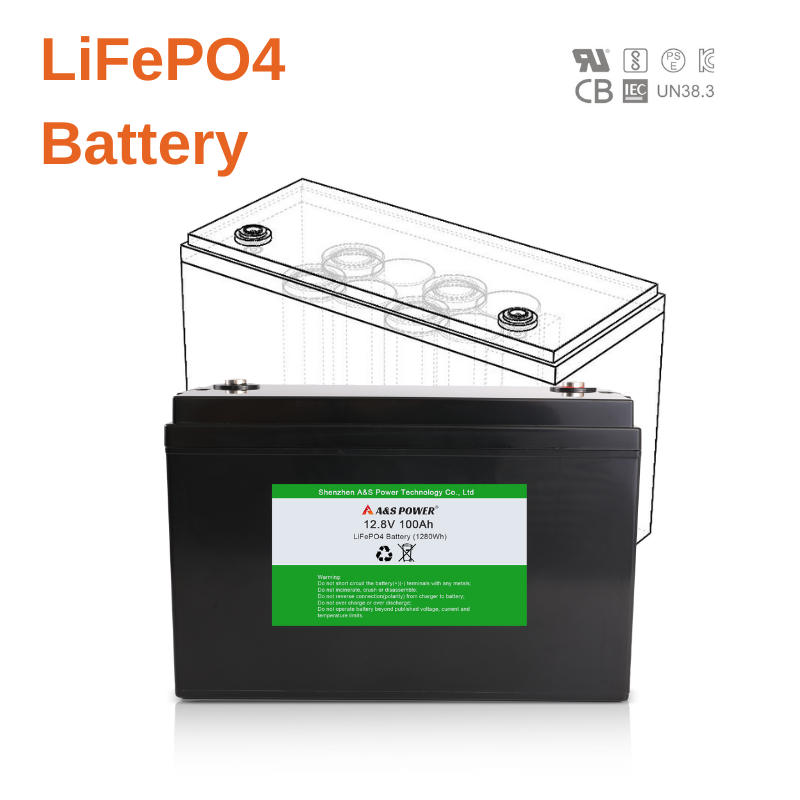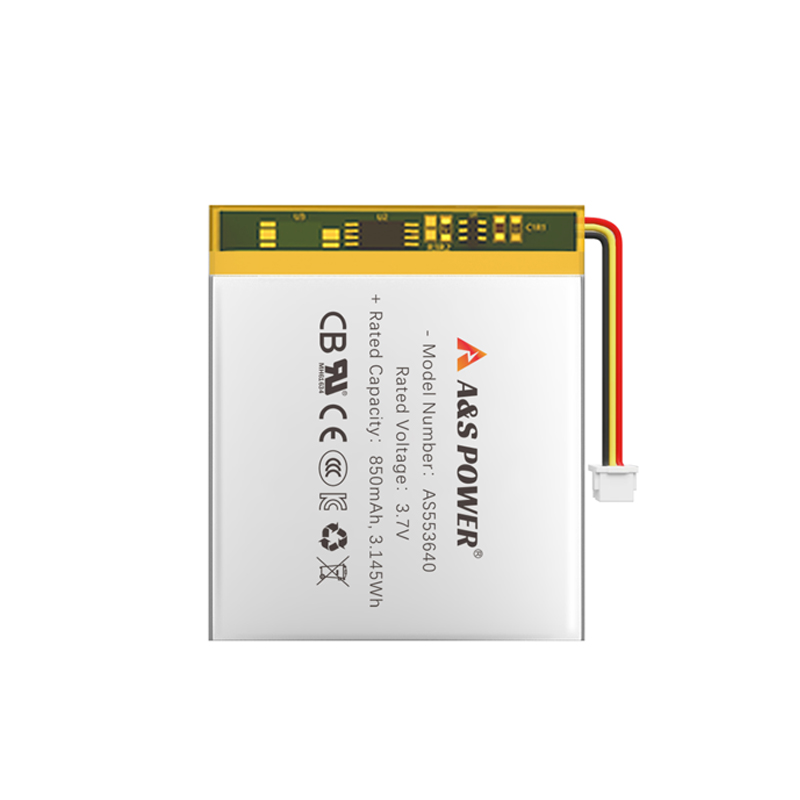Unlocking the Power of Customized Rechargeable Battery:
2024-07-08
As technology advances, the demand for efficient and reliable power sources grows exponentially. Customized rechargeable batteries have emerged as a pivotal solution, designed to meet the specific requirements of various devices and applications. This blog delves into the essentials of customized rechargeable batteries, their applications across industries, and the meticulous design and development process that ensures their superior performance.

Understanding the Basics: What Are Customized Rechargeable Batteries?
Definition and Overview
Customized rechargeable batteries are energy storage solutions engineered to meet the precise needs of specific devices or applications. Unlike standard batteries, these are designed with particular specifications such as size, capacity, voltage, and shape in mind. This bespoke approach ensures that the battery fits seamlessly into the device, offering optimized performance and efficiency.
Benefits
Customized rechargeable batteries bring several advantages to the table:
Enhanced Performance: Tailoring the battery to the specific application ensures optimal performance, whether it's in terms of energy output, efficiency, or lifespan.
Extended Lifespan: Customized designs often incorporate advanced materials and technologies that prolong the battery's life, reducing the need for frequent replacements.
Optimized for Specific Applications: By meeting the precise requirements of a device, customized batteries enhance overall functionality, reliability, and user satisfaction.
Applications and Industries: Where Are They Used?
Consumer Electronics
In the realm of consumer electronics, customized rechargeable batteries are indispensable. They power a wide array of devices including smartphones, laptops, tablets, and wearables. The customization allows for longer battery life, quicker charging times, and improved safety features, meeting the high expectations of modern consumers.
Smartphones, for instance, require batteries that can handle high power consumption while maintaining a slim profile. Customized batteries achieve this balance, ensuring that the device remains lightweight and efficient. Similarly, laptops and tablets benefit from batteries that offer extended use between charges, supporting the needs of users who rely on their devices for work, entertainment, and communication.

Wearable technology, such as smartwatches and fitness trackers, also demands specialized battery solutions. These devices require batteries that are not only compact but also capable of providing sustained power for extended periods. Customized batteries meet these criteria, enhancing the functionality and user experience of wearable gadgets.
Automotive Industry
The automotive industry is another significant beneficiary of customized rechargeable batteries. Electric vehicles (EVs) and hybrid electric vehicles (HEVs) rely on high-performance batteries designed for energy density and rapid recharging capabilities. Customization in this sector is crucial to meet the rigorous demands of automotive applications.
For EVs, battery customization focuses on maximizing energy storage while minimizing weight, which directly impacts the vehicle's range and efficiency. Custom batteries are designed to fit precisely within the vehicle's architecture, ensuring optimal space utilization and weight distribution.
Hybrid vehicles, which use a combination of internal combustion engines and electric power, require batteries that can handle frequent charging and discharging cycles. Customized batteries tailored for this purpose enhance the overall performance and longevity of hybrid systems, making them more reliable and efficient.
Medical Devices
In the medical field, the reliability and safety of power sources are paramount. Customized rechargeable batteries are critical for powering life-saving equipment such as pacemakers, portable defibrillators, and hearing aids. These batteries are designed to meet stringent safety standards and provide consistent performance under demanding conditions.
Pacemakers, for example, require batteries that can operate reliably for many years without the need for replacement. Customized batteries designed for this application ensure that the device remains functional and safe throughout its lifespan. Similarly, portable defibrillators, which are used in emergency situations, rely on batteries that can deliver high power output on demand.
Hearing aids and other wearable medical devices benefit from batteries that are compact, lightweight, and capable of providing sustained power. Customized solutions in this sector enhance the usability and effectiveness of these essential devices, improving the quality of life for many users.
Industrial Applications
In industrial settings, customized rechargeable batteries power a variety of equipment and machinery, including robotics, drones, and heavy machinery. These applications often require batteries with specific power and durability characteristics to ensure reliable operation in harsh environments.
Robotics, for instance, demands batteries that can deliver high power output while maintaining a compact form factor. Customized batteries designed for robotic applications provide the necessary energy to support complex movements and extended operational periods. Drones, used in industries such as agriculture, surveillance, and delivery services, require batteries that offer long flight times and quick recharge capabilities.
Heavy machinery used in construction and manufacturing also benefits from customized battery solutions. These batteries are designed to withstand extreme conditions, including high temperatures, vibrations, and heavy loads. Customization ensures that the batteries can deliver consistent power and reliability, enhancing the efficiency and safety of industrial operations.
Design and Development Process
Requirement Analysis
The design and development of customized rechargeable batteries begin with a thorough requirement analysis. This involves identifying the specific needs of the application, such as voltage, capacity, physical dimensions, and operating conditions. By understanding these requirements, manufacturers can design batteries that meet the exact specifications of the device.

Requirement analysis involves close collaboration with the end-user or device manufacturer to gather detailed information about the intended use. This process helps in identifying critical factors such as energy density, discharge rates, and environmental conditions that the battery will be exposed to.
Prototyping and Testing
Once the requirements are clearly defined, the next step is prototyping and testing. This stage involves creating prototypes of the customized battery and subjecting them to rigorous testing to ensure they meet all performance and safety standards. Prototyping allows for the evaluation of various design iterations and helps in identifying any potential issues early in the development process.
Testing covers a wide range of parameters, including capacity, cycle life, temperature stability, and safety features. Customized batteries must undergo extensive testing to ensure they can withstand the specific demands of their intended application. This process helps in refining the design and optimizing the battery for performance and reliability.
Material Selection
Choosing the right materials is crucial in the development of customized rechargeable batteries. This involves selecting appropriate materials for electrodes, electrolytes, and casings to optimize performance and safety. The choice of materials directly impacts the battery's energy density, charge-discharge efficiency, and overall lifespan.
Advanced materials such as lithium cobalt oxide, nickel-metal hydride, and various polymer electrolytes are often used in customized batteries. These materials offer superior performance characteristics compared to traditional materials, enhancing the overall efficiency and reliability of the battery.
Manufacturing
The final stage in the design and development process is manufacturing. This involves scaling up the production of the customized battery while maintaining stringent quality control measures to ensure consistency and reliability. Manufacturers like A&S Power employ advanced manufacturing techniques to produce high-quality customized batteries that meet the exact specifications of their clients.
Quality control is an essential aspect of the manufacturing process, ensuring that each battery meets the required standards for performance and safety. This involves regular testing and inspection of the batteries during production, as well as implementing robust quality assurance protocols to detect and address any potential issues.
Conclusion
Customized rechargeable batteries are revolutionizing how we power our devices, providing tailored solutions that enhance performance, efficiency, and reliability. By understanding the basics, applications, and intricate design and development process, we can better appreciate the significant role these batteries play in advancing technology across various industries. Manufacturers like A&S Power continue to lead the way, delivering innovative customized battery solutions that meet the evolving needs of modern applications.











